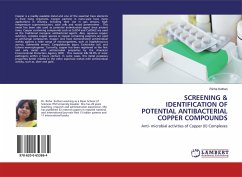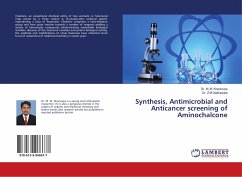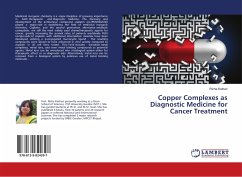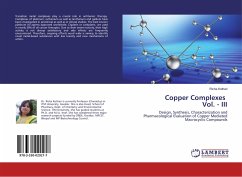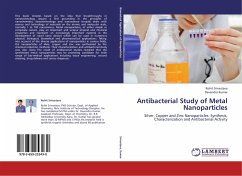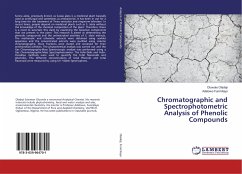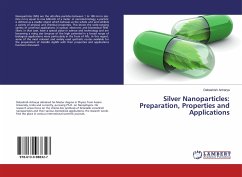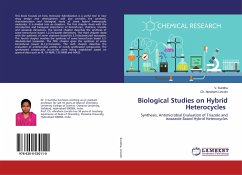Copper is a readily available metal and one of the essential trace elements in most living organisms. Copper particles in nano-scale have many applications in industry, including their use in gas sensors, high temperature superconductors, solar cells and wood preservatives . This metal has been also used as potential antimicrobial agent since ancient times. Copper containing compounds such as CuSO4 and Cu(OH)2 are used as the traditional inorganic antibacterial agents .Also, aqueous copper solutions, complex copper species or copper containing polymers are used as antifungal compounds .Copper ions have demonstrated antimicrobial activity against a wide range of microorganisms, such as Staphylococcus aureus, Salmonella enteric, Campylobacter jejuni, Escherichia coli, and Listeria monocytogenes .Currently, copper has been registered as the first and only metal with antimicrobial properties by the American Environmental Protection Agency (EPA) . This material kills 99.9% of most pathogens within 2 hours contact. In some cases, this metal possesses properties better relative to the other expensive metals with antimicrobial activity, such as, silver and gold .
Bitte wählen Sie Ihr Anliegen aus.
Rechnungen
Retourenschein anfordern
Bestellstatus
Storno

